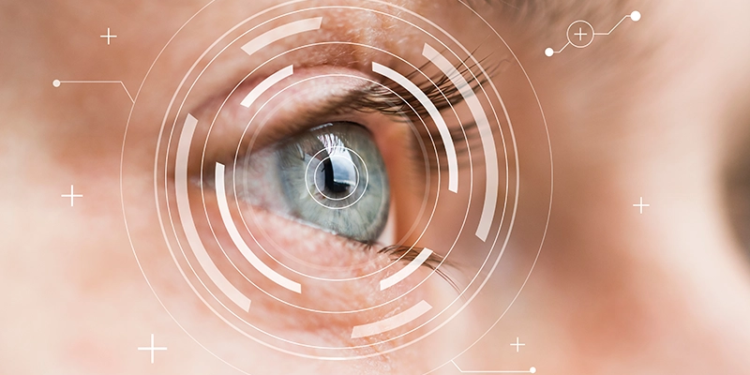
Jet skiing in virtual reality. Photograph courtesy of Nova Southeastern University.
Posted November18, 2013
A researcher at Nova Southeastern University (NSU), Fort Lauderdale, Florida, has been awarded a three-year, nearly $1 million government grant to develop a virtual world that would allow individuals with amputations to participate in education and support programs, as well as activities that simulate having intact limbs.
The work is based on research conducted by Sandra Winkler, PhD, OTR, OTL, a faculty researcher and assistant professor in the NSU College of Health Care Sciences Occupational Therapy Department, titled “Dissemination of Amputation and Prosthetic Evidence-based Medicine (DAP-EM).”
Winkler and her co-investigator will use Linden Labs’ Second Life®, an online, 3D virtual reality “world” to create an “island” where people with amputations can meet virtually. Study participants will be able to virtually experience everything from riding on a jet ski to diving in a coral reef. They will even be able to “test” different prosthetic devices in a virtual shop, allowing them to gain a sense of what different prostheses are like to help determine what may be the best for them. The virtual world will also include a historical tour of prosthetics, educational seminars, and a forum for participants to anonymously meet and discuss issues and challenges they face in the real world.
Among the proposed stated outcomes are to help individuals with amputations to benefit functionally and psychologically and potentially help reduce phantom-limb pain.
“Patients will be able to enter our virtual island and simulate what it is like to once again use their missing limbs,” Winkler said. “This has the possibility to make life better for so many amputees, and all they will need is an Internet connection.”
The grant is provided by the U.S. Department of Health & Human Services (HHS) Agency for Healthcare Research and Quality (AHRQ); all project costs will be supported by the grant.
Editor’s note: This story was adapted from materials provided by Nova Southeastern University.




